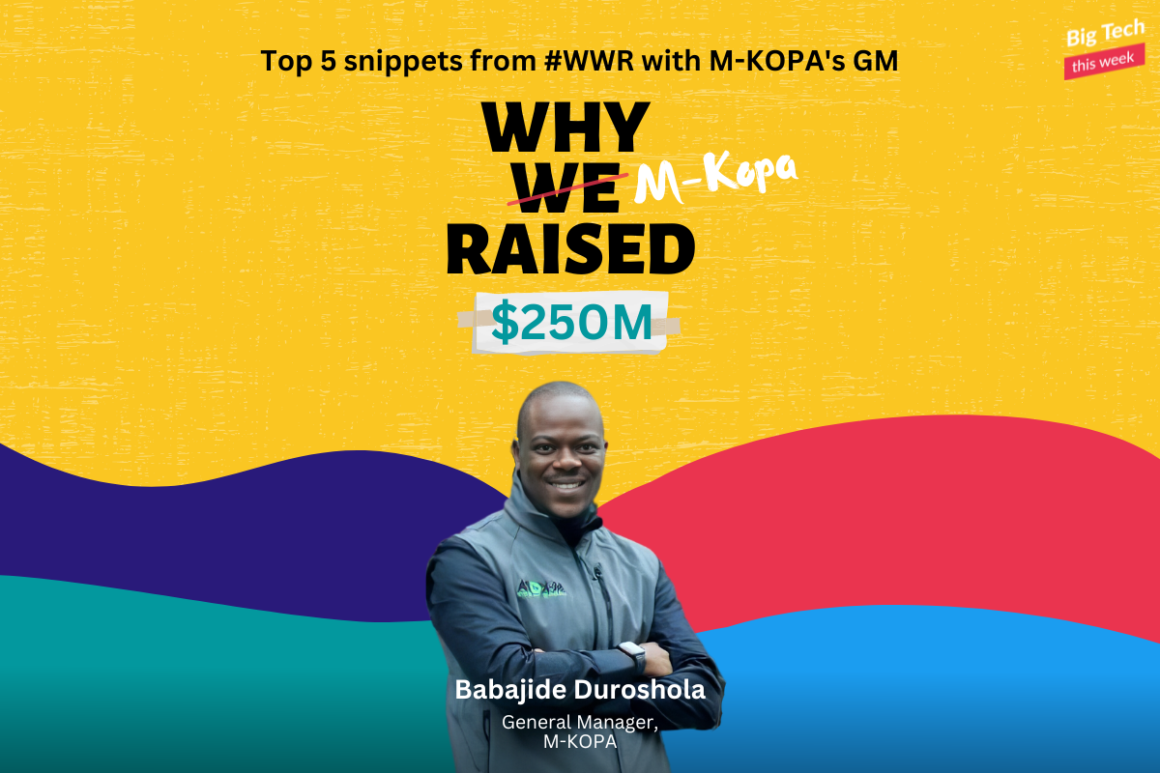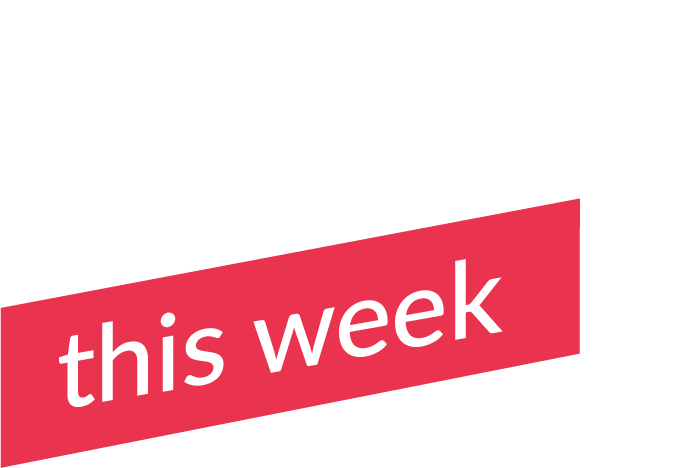Top of mind: Happy Sunday!
AI’s on a world tour with headliner Sam Altman – the CEO of OpenAI. Altman’s on a 17-city tour, with Nigeria being the only Africa stop. Nigerians are flattered, while the rest of Africa is unhappy with Altman’s lean travel schedule.
Plus, exciting news! We’ve launched a new segment called #WhyWeRaised to spotlight startups raising significant funding to drive expansion and growth, especially in this fintech winter! You can find our first feature at the end of this issue. Let us know how you like it 🙂
Let’s get to it.
3 big things:
– AI’s world tour
– A startup university
– Africa’s a fintech magnet
The biggest name in AI visits Nigeria

The short: Wonder-Boy, Sam Altman – the CEO of one of the world’s most important companies OpenAI, brought his AI evangelism to Lagos State.
An Altman tour: Sam Altman is the head honcho at the company that created the visual AI tool DALL-E and ChatGPT – the chatbot that sparked the AI revolution by making productivity a website. Altman’s going on a 17-city worldwide tour for OpenAI, stopping in places like Rio, Dubai, Melbourne, and New Delhi.
Altman’s only Africa stop was in Lagos, home to one of the continent’s largest tech ecosystems. He engaged with OpenAI users and developers, building AI models to receive feature requests and feedback on creating better products.
The people: First stop was at the performance hall at the Musical Society of Nigeria (MUSON) to meet with students from different schools to spark their interest in AI.
The second stop was engaging Nigeria’s tech ecosystem at an exclusive OpenAI event. The ecosystem was represented by tech investors, founders, and executives. Altman received feedback about OpenAI’s products and adapting language models to regional contexts. Altman’s grand advice was for more people to explore ways to integrate AI into their work and products.
The government: Altman joined the United States Consul General Will Stevens at his residence to speak with Lagos state governor Babajide Sanwo-Olu and other high-ranking government officials about AI regulation. On the back of that, Sanwo-Olu praised ChatGPT, calling it “the most powerful artificial intelligence tool in the world.”
Why it matters: Sam’s itinerary covered engagements with influential individuals, doubling down on his goal to call for more AI regulation. He addressed the US Senate last week about government oversight over companies and organisations building AI models, as regulation is the most effective way to curb rogue elements from unleashing the negative aspects of AI.
Final thoughts: If Altman’s right about one thing, it’s AI regulation. Bad actors use AI on deep fakes, cyber warfare and misinformation. As the technology develops rapidly, government regulators must move at the same speed to ensure AI is recognised for the good, not the inevitable bad.
MIVA Open University lands in Nigeria

The short: MIVA Open University receives a license to operate in Nigeria.
New licence, who dis?: MIVA Open University, a subsidiary of uLesson Group, received an Open Distance eLearning License from Nigeria’s university regulator, the National Universities Commission (NUC).
In September, MIVA will begin its first cohort, offering bachelor’s degrees in accounting, computer science, software engineering, cyber security, business management, data science, economics, and public policy and administration. Next year, the university will add more degrees like law and nursing.
A new tertiary player: MIVA Open University, will compete with companies like Nexford University and AltSchool with its new license. MIVA is closing an existential gap filled with hundreds of thousands of candidates denied admission by Nigerian universities.
Startups in the tertiary education sector are vital in the fight against illiteracy in Africa by overcoming the limitations of physical learning.
Final thoughts: Education startups in Africa are front-lining the move to produce world-class talent to compete with the global workforce. These startups will equip graduates with modern-day tools to be ready for the future of work – a significant departure from the current old-fashioned university model.
Africa will take the crown as the fastest-growing fintech market

The short: A new report projects that Africa will have the fastest-growing fintech sector.
Lightening speed: According to Boston Consulting Group (BCG) and QED report, the Asia-Pacific region is projected to be the largest fintech market by 2030, while Africa will be the fastest-growing region.
Fintech players have a massive opportunity in the underserved and unbanked populations, as Africa’s growing population is projected to reach 1.2 billion by 2050. As a result, they are expected to have a compound annual growth rate of 32%, with the most important markets being South Africa, Nigeria, Egypt, and Kenya.
The rise of credit: Africa is ramping up credit culture in the business-to-consumer (B2C) and business-to-business (B2B) sectors. Good credit systems will boost business activities and drive economic growth on the continent.
Although 73% of adults in Nigeria use smartphones, only 2% have credit cards. This adoption gap presents an opportunity for companies in the space, such as M-KOPA, an asset-financing company that raised over $250 million in funding. We spoke with Babajide Duroshola, general manager at M-KOPA, about the future of credit in Africa; you can read the snippets below from our new #WhyWeRaised series.
Final thoughts: African startups already dominating fintech are primed to position themselves for the spoils of the coming years. Unfortunately, the funding winter has seen many companies pull back on expansion to cut back on spending. But, the economy will bounce back, and the sector will return to its rapid growth phase.
#WhyWeRaised with M-KOPA!

How they got funding: Asset-financing platform M-KOPA raised $55 million in equity, led by Sumitomo Corporation, and $200 million in debt. M-Kopa raised funds through debt financing – to avoid sacrificing additional equity.
Growth plan: M-KOPA operates in four African markets and aims to reach 10 million customers within the next few years with its new bank balance.
How the business works: M-KOPA has an impressive loan default rate of about 10%. In addition, the company uses a payback system where customers must pay to use their devices, but the payment plan is entirely up to the customer. As a result, customers can walk away without any financial penalty, receive a full refund, and deposit back when they return the device.
Building the culture of credit: M-KOPA’s rating model builds trust within its platform, and the company is in talks with financial organisations to synchronise lenders’ information across institutions to create a credit culture in Africa.
How the company supports women: M-KOPA’s agent network is powered by women. Plus, the company intends to increase the number of women using its products to create more access to goods and services.
Thanks for reading! We’d love to hear your thoughts about this week’s issue.
Please respond directly to this email or find me on Twitter @fatuogwuche 🙂
And follow us on Twitter @bigtechthisweek

